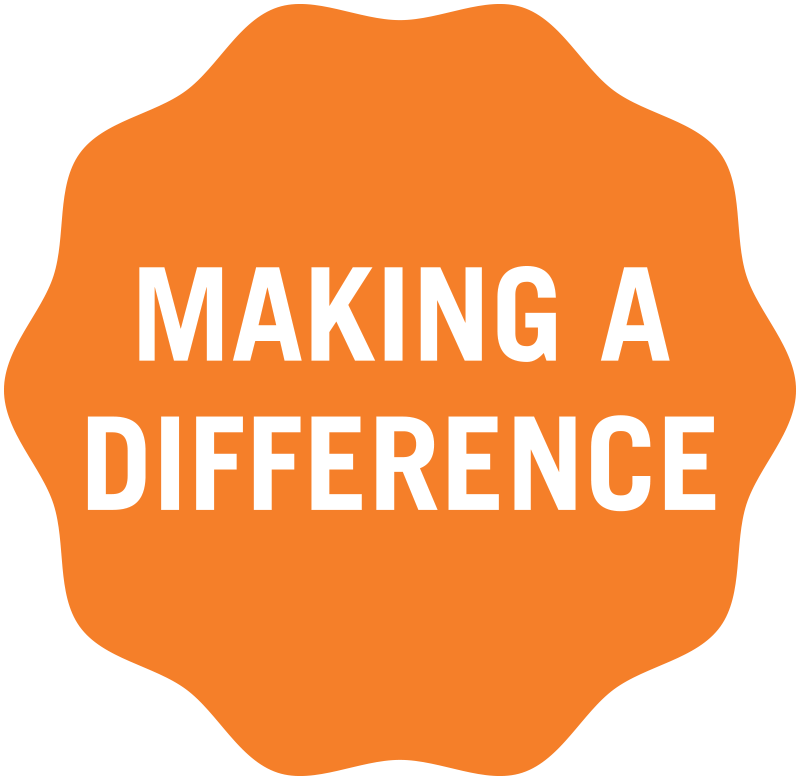
Limits
photographs by EMILY PAINE


Limits
photographs by EMILY PAINE

The office was formed four years ago and supplanted what was then referred to as the Office of Disability Services. The difference is notable: The office reports directly to Georgina Dodge, associate provost for diversity, equity & inclusion.
“That’s quite unique, compared to other institutions,” Accessibility Resources Director Heather Fowler says. “Bucknell sees my office as part of the University’s diversity plan. It’s a totally new feeling and take on the importance that Bucknell places on the office.”
The Americans with Disabilities Act of 1990 requires public and private colleges and universities that receive federal funding to accommodate students in all aspects of campus life, including academics, living quarters, dining facilities and parking.
Fowler works with students to write “letters of accommodation” that stipulate an individual’s needs (such as requiring 50 percent more time to take a test or being eligible for Livescribe, a “smart” pen with an embedded computer and digital audio recorder. Students can also request note takers and sign-language services. Accessibility Resources operates a testing center where students can take quizzes and tests.)
Fowler’s duties aren’t strictly limited to students with permanent disabilities, the majority of whom have learning disabilities and attention deficit-hyperactivity disorder. The office also works on behalf of students who have suffered injuries, such as broken bones and concussions.
Fowler, the office’s first director since she arrived at Bucknell in January 2014, continues to guide its evolution. She hopes to develop peer-mentoring programs among students with disabilities, perhaps modeled after T.E.A.M. (Together, Everyone Achieves More), a peer-mentoring program at the University in which first-year and transfer students are paired with an upperclass peer mentor to establish a supportive relationship that aids transition into Bucknell’s academic and social life.
“People with disabilities are kind of seeking each other out,” she says. “They’re very much craving a connection.”
While most universities have offices that aid persons with disabilities, they’re often staffed by part-time employees. At Bucknell, Fowler has two full-time staff members, and Accessibility Resources plays a pivotal role in campus life. Fowler has been consulted on blueprints for Academic East, a new laboratory and classroom building under construction behind Bertrand Library.
“I was invited as another eye, through the disability lens, to see if there were any accessibility needs,” she says.
In 2017, Andres-Beck helped put on a campus dinner, Disability: The Invisible Identity, which drew 50 faculty members and students. Their goal: Challenge the ways in which society talks about disabilities.
“Some great conversations were started,” says Andres- Beck, of Grants Pass, Ore. “As with all conversations about marginalized communities, there’s always a need to continue this kind of programming and follow up on these discussions.”
At Bucknell, the double major in comparative humanities and mechanical engineering has a wheelchair and a shower chair that she uses as needed. Her disability presents constant obstacles.
“It definitely challenges my ability to partake in social scenes,” she says. “I can’t necessarily go downhill if I’m uphill or uphill when I’m downhill to grab something or to say ‘hi’ to someone. It takes a lot of extra planning for me to think about how to minimize the distance I have to walk and to make sure I have enough pain medication with me at all times.”
Andres-Beck’s pain often results from random blood clots that periodically flare up. She regularly educates people around her about her condition.
“It’s a constant commitment to make your invisible difference visible,” she says.
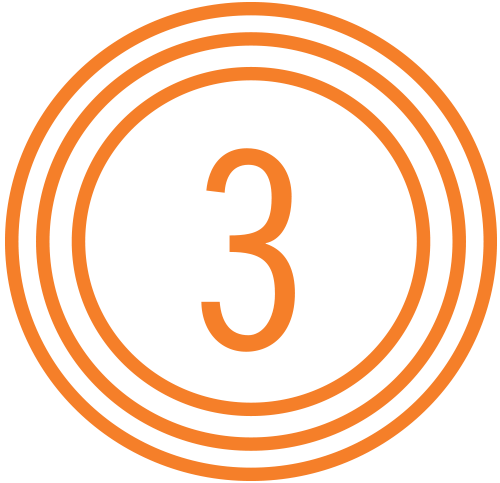
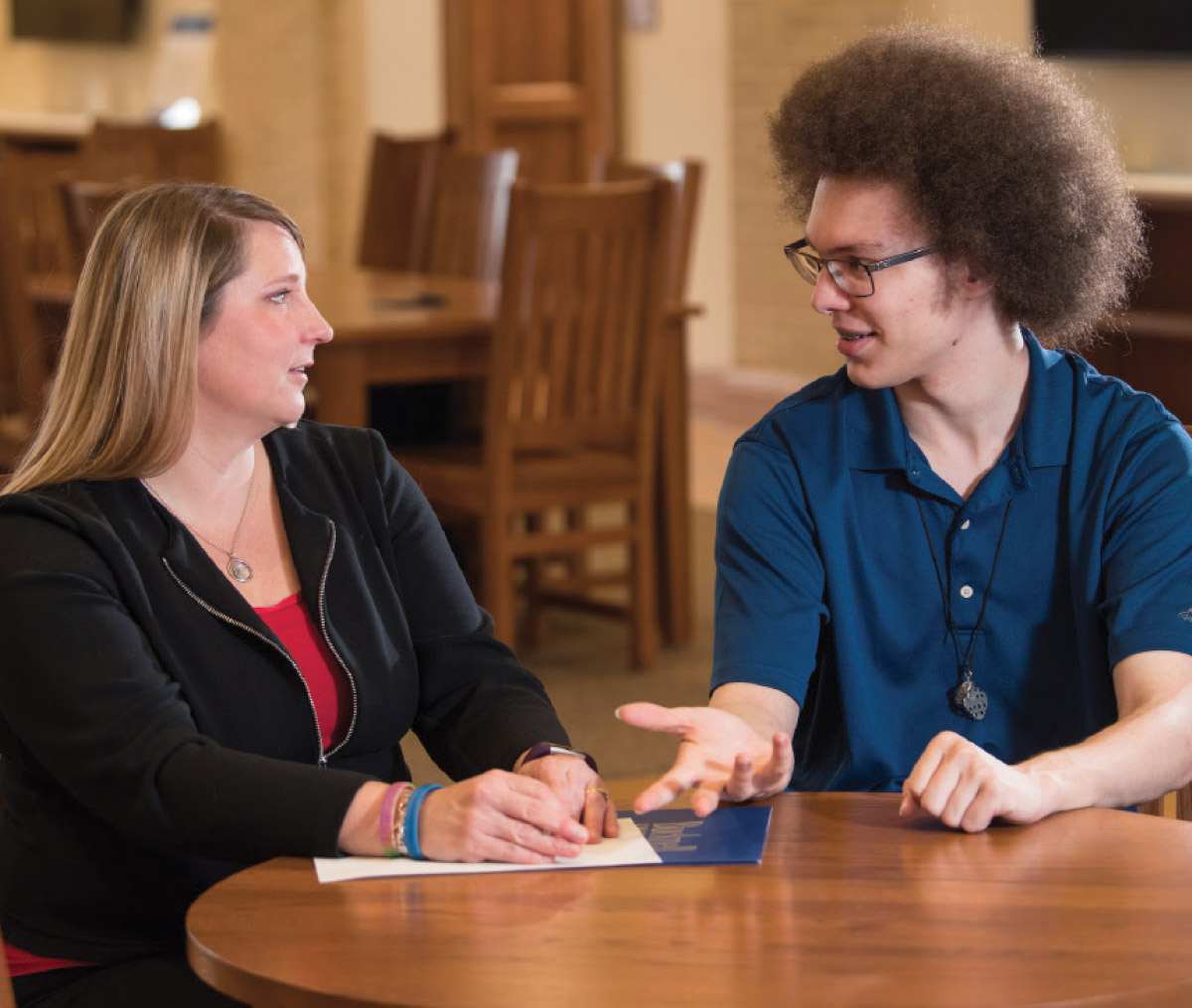

diagnosed with amplified musculoskeletal pain syndrome
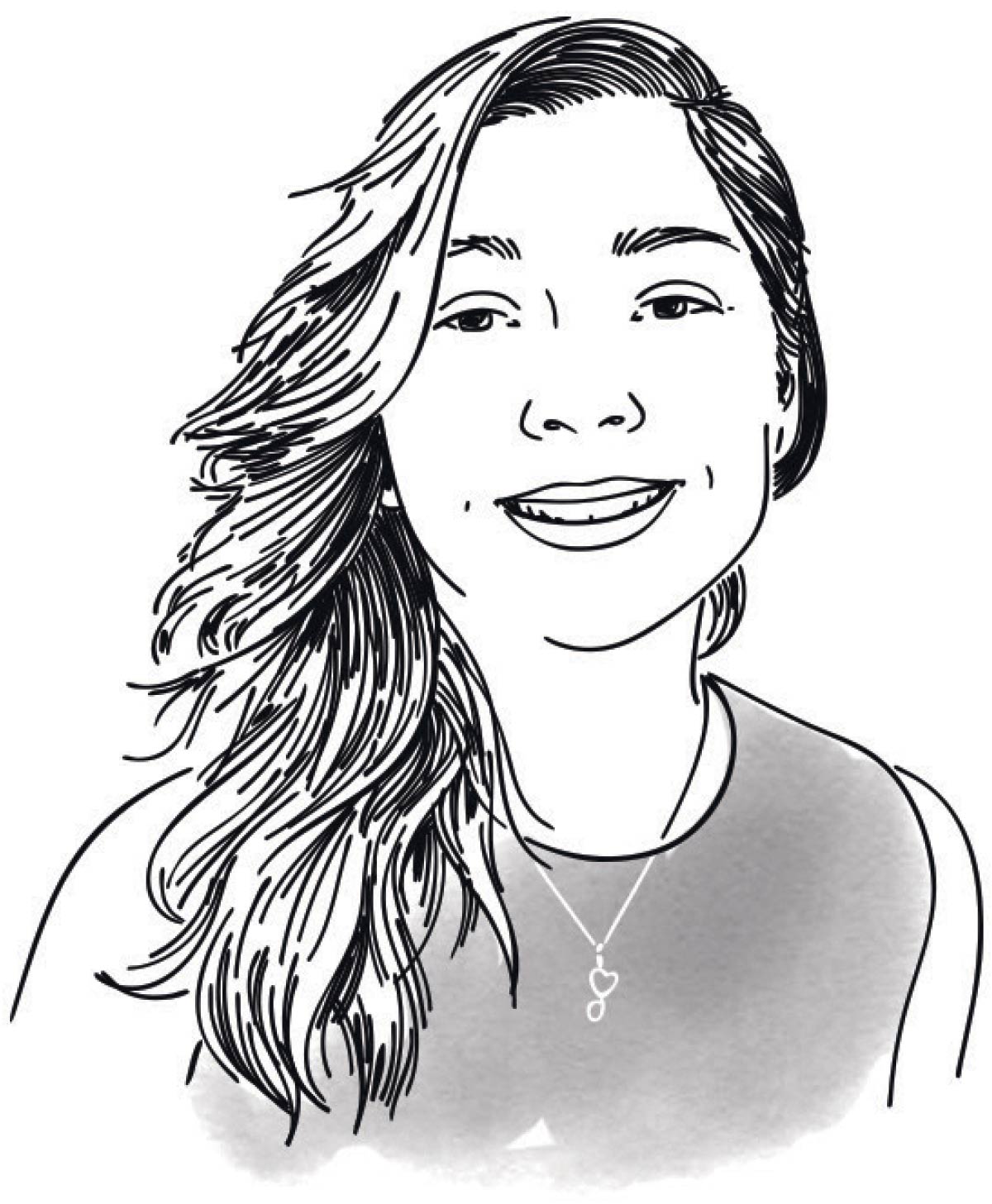
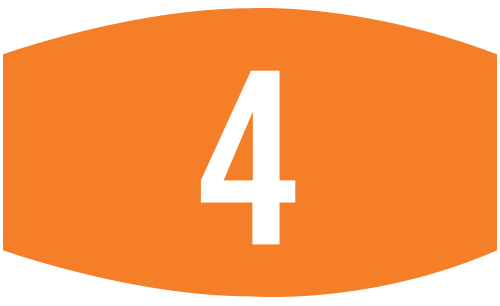
“Everyone said, ‘You’re smart; you can’t have dyslexia. You’re just struggling, and we’re going to teach you the basics,’ ” she recalls. “I knew the basics. But I couldn’t structure sentences, write words or spell correctly.”
Coming from a low-income, single-parent family, Hermosillo never got a formal diagnosis. It wasn’t until her sophomore year at Bucknell, after struggling with her coursework, that the computer science major consulted with Accessibility Resources Director Heather Fowler. Fowler referred her to a doctor who confirmed that Hermosillo has dyslexia. (“Heather was adamant on making sure that some resolution was found,” Hermosillo says.)
Because of her disability, Hermosillo received an accommodation letter that allowed her extra time to complete assignments and tests. Accessibility Resources also introduced her to software that reads words that dyslexics struggle to decode. Her grades improved and so did the speed at which she completed classwork.
“An assignment that took two hours to read now took about 45 minutes,” says Hermosillo, who received a Posse Foundation scholarship, which honors students who possess extraordinary academic and leadership potential.
She currently is associate accessibility specialist at Western Governors University in Utah. She continues to spur dialogue as she did at Bucknell, where Hermosillo helped to organize the University’s first Disability Dinner during her senior year.
“It was a conversation among students, who basically talked about their disabilities and how they were affected in classes,” she says. “It’s a part of us. We are beautiful people, and we know that.”
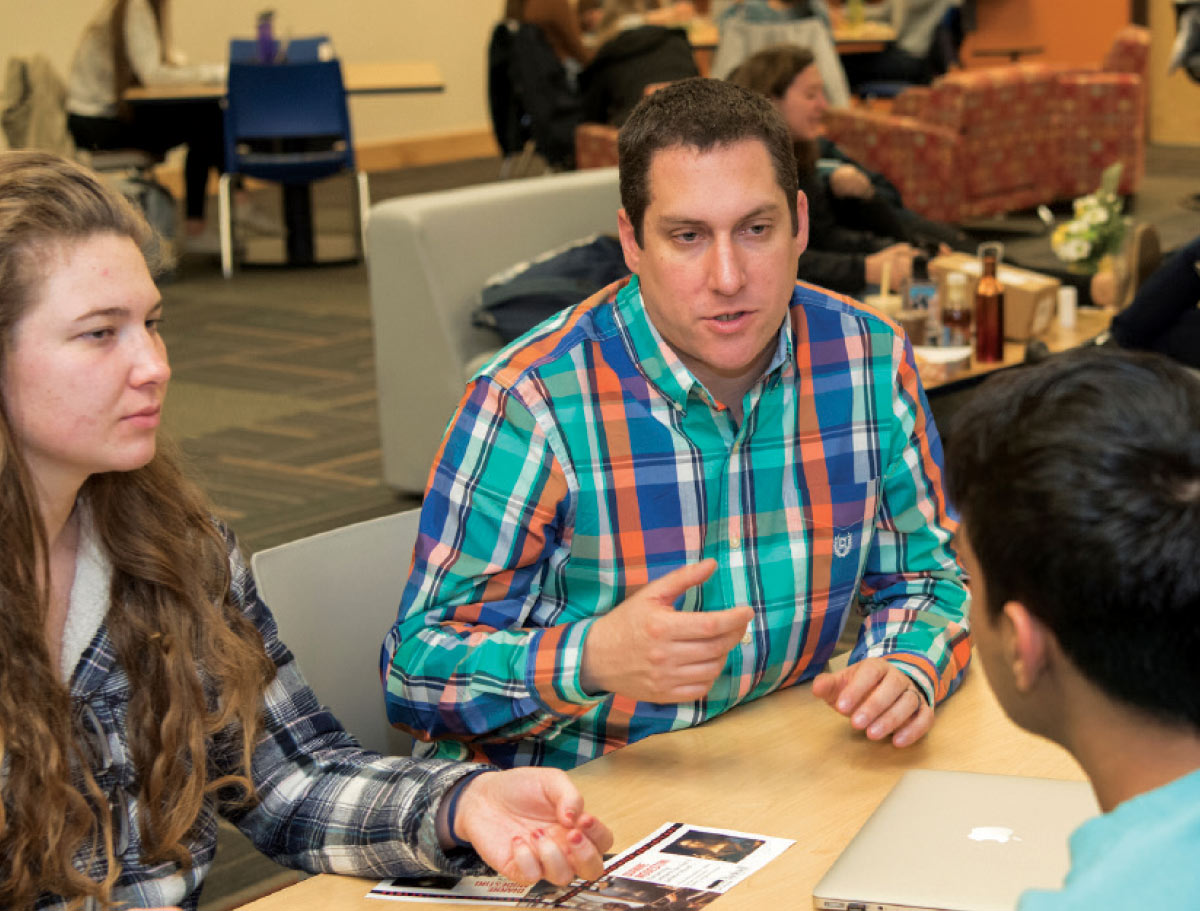

Accessibility Resources is working to develop a student advisory committee that will help with campus programming, which will include guest speakers and activities to help students understand their shared problems and express their concerns. Up to eight students with disabilities also would help identify access needs, says Heather Fowler, director of accessibility resources.
“I don’t want to assume that I know what students with disabilities want on this campus,” she adds. “The broader mission is to get students with disabilities together.”
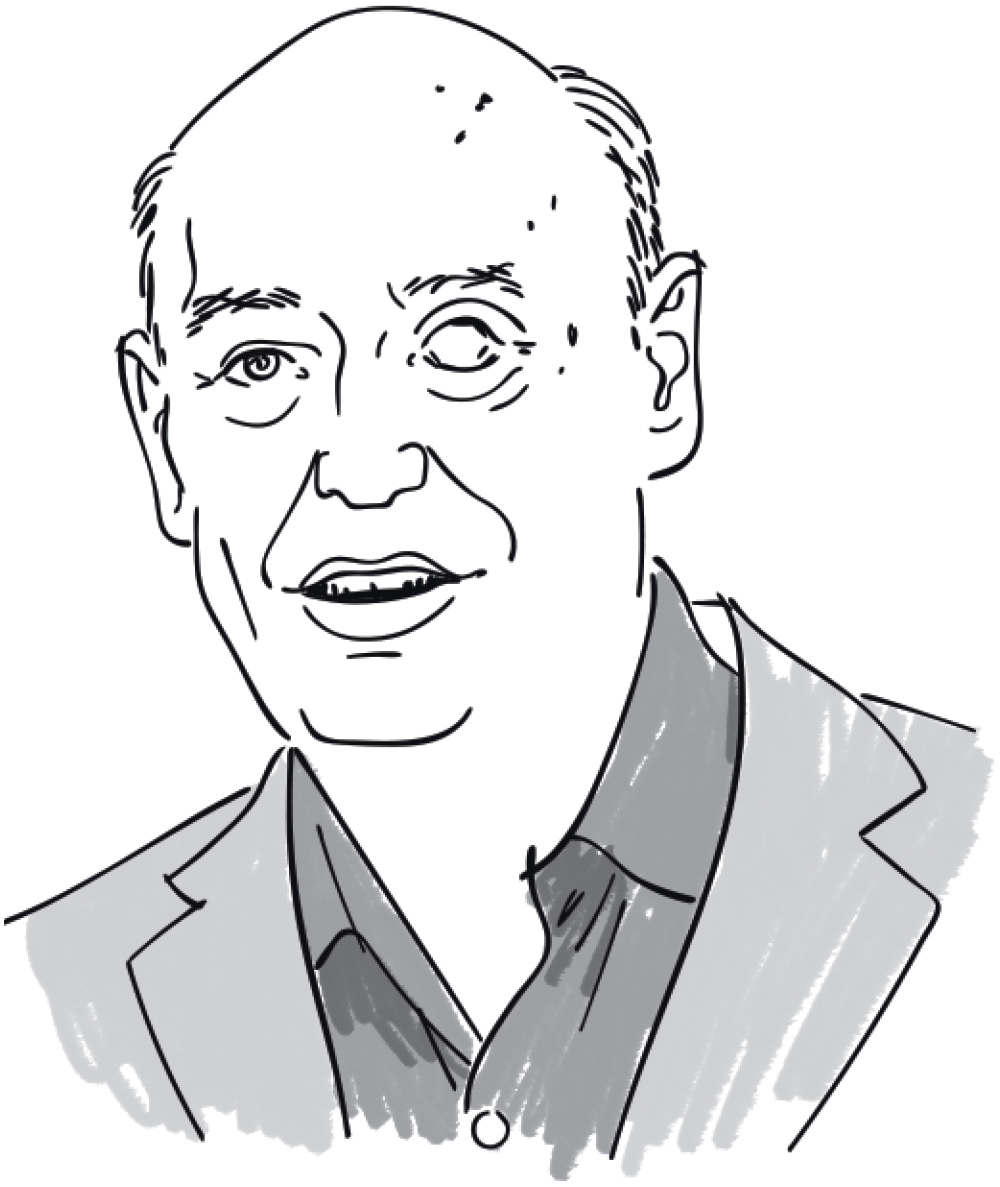
“For one thing, there was no such thing as a talking computer, and there were no recordings for the blind, so textbooks weren’t available,” says Fidler, of Lower Gwynedd, Pa. “There wasn’t as much awareness of what blind people could do, and most colleges had no idea how to deal with a blind person.”
More than a quarter of a century before the Americans with Disabilities Act prohibited discrimination based on physical and mental capabilities, Fidler relied on the goodwill of faculty and classmates, most of whom were empathetic. Volunteer “readers,” including classmates and members of the community, helped him study by articulating textbook passages to him.
Fidler recently established the Readers Scholarship in honor of those who helped him with his coursework, and his parents. In 2013, he won the Loyalty to Bucknell Alumni Award for his volunteer service to his alma mater; he has been an admissions-alumni interviewer and an Annual Fund volunteer for many years.
During his student days in Lewisburg, he tried not to draw attention to himself. When someone questioned how Fidler could find food on his dinner plate, he responded by eating without difficulty. “I really didn’t make any kind of fuss,” he says. “I just went along and was one of the group.”
Fidler earned a bachelor’s in mathematics and a master’s in education at Bucknell before going on to teach high-school math for 31 years at the prestigious Germantown Academy. Remarkably, he didn’t use a blackboard during instruction.
“Other blind teachers did, but I found I could teach much better just by talking and having the students learn how to listen,” Fidler says.
Attending Bucknell was never out of the question. While a student at the Overbrook School for the Blind, Fidler had a house parent who graduated from the University.
“I wanted to become a Bucknellian and not just a blind student on campus.”